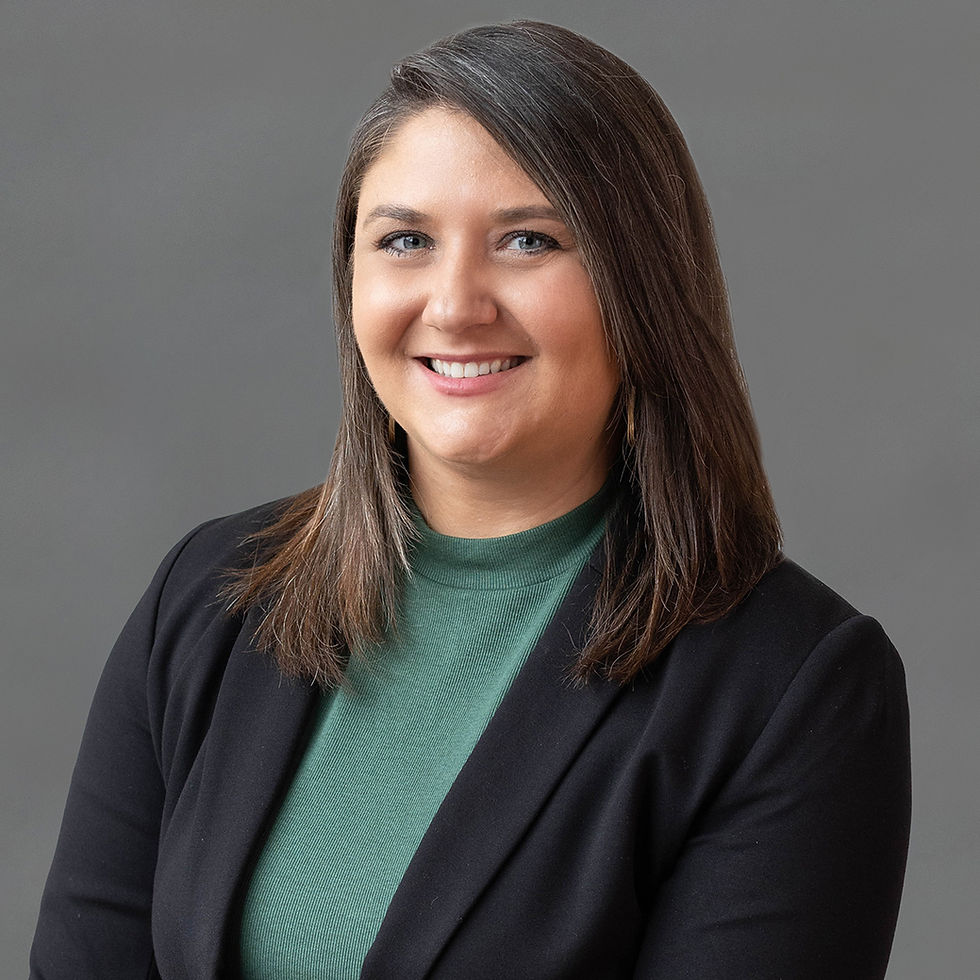Future-Ready, People-First: Rethinking Talent Development in Accounting
- Jacqueline Lombardo

- Aug 11, 2025
- 4 min read

A staff accountant at a mid-sized firm used artificial intelligence (AI) to summarize a dense financial report ahead of a client meeting. What would’ve taken hours was condensed into a crisp executive summary in under 10 minutes. The kicker? That preparation helped the client understand the story behind their numbers, and the client went from buying tax-prep services once a year to engaging the firm for year-round advisory services.
The experience became a turning point for the firm. They started an internal knowledge-sharing group to explore how AI can support client service, and that staff member now co-leads peer training sessions. That’s what happens when you empower people to think beyond tasks: to think like Superworkers.
Talent remains the number one issue keeping firm leaders up at night. We hear it in nearly every Boomer Circle community. Firms aren’t just trying to fill roles; they’re trying to build the future. But here's the catch: if you’re waiting for the perfect hire to land on your doorstep, you’re already behind. The firms that invest in their people today are the ones that will thrive tomorrow.
What is a Superworker?
Josh Bersin introduced the concept of the Superworker: someone who uses technology, data and human intelligence to deliver better results with more impact. They’re not just efficient. They’re curious, adaptable and supported with the right tools and development pathways.
While Bersin speaks to employers in every industry, this concept seems tailor-made for accounting. As automation reduces repetitive tasks, accountants are stepping into roles that demand insight, empathy and strategic thinking. Instead of hiring more people to do the same work, firms are asking: How can we elevate the people we already have?
Quick self-test: Are you building Superworkers?
Score 1 point for each “yes.”
Do your team members know how to use AI tools to prepare for client conversations?
Can someone on your team explain their growth path beyond “promotion” or “partner track”?
Do new hires get paired with a mentor and a project lead?
Have you invested in upskilling or cross-training in the past 90 days?
0–1: Time to reboot. 2–3: You’re evolving. 4: You’re building the firm of the future.
Build > buy > burnout
Firms today face a choice. They can build their talent pipeline with mentorship, coaching and skills development. They can buy lateral talent, often at a premium, and with no guarantee of long-term fit. Ot they risk burnout by over relying on top performers, leading to disengagement, turnover and eventually, client churn.
We see innovative firms choosing to build. For example, one firm we work with launched a six-month “Path to Advisory” pilot for senior associates. The curriculum included business storytelling, advanced Excel modeling and monthly check-ins with an advisory leader. Two participants now facilitate quarterly strategy sessions with clients, and the firm saw a 15% jump in client satisfaction scores after the program wrapped.
These results aren’t just anecdotal. According to Gallup, companies that prioritize employee development are twice as likely to retain employees and enjoy 11% higher profitability.
Upskilling in the age of AI
Bersin’s Superworker model hinges on one idea: your people won’t just work harder; they’ll work differently. But only if you create the conditions for that shift.
That means fostering AI literacy, encouraging experimentation and creating upskilling opportunities tailored to where your firm is headed.
Here are a few strategies we’ve seen firms deploy successfully:
Run quarterly “tech fluency” sessions focused on how specific tools apply to client service
Develop internal knowledge bases with AI use cases, ethical guidelines and “what to watch out for”
Launch short “Tech for Client Advisors” sprints that pair technology skills with real-time client engagement scenarios
Just as importantly, they’re setting expectations around responsible use. Leaders remind teams not to enter personally identifiable information (PII), client data or confidential firm information into public-facing AI platforms. This builds a culture of digital stewardship.
Build your future firm
The firms that will lead the next decade might not have the biggest headcount or the fanciest tech, but they will invest in making learning a habit, reward curiosity, remove friction from mentorship and elevate the internal champions already experimenting, improving and mentoring others.
So, what’s one thing you can do this quarter to support your team’s evolution?
Maybe it’s pairing a junior team member with a mentor who can coach them through their first client-facing meeting. Perhaps it’s categorizing your existing training materials by role, making them easier to access. Maybe it’s recognizing the person who solved a workflow bottleneck even if it didn’t directly affect billable hours. Start there and build. Your future Superworkers (and your future clients) are counting on it.
Do you want to connect with other Operational Leaders in the accounting profession to become a more confident leader?
The Boomer Operations Circle is a peer group of Operational Leaders from successful and growing firms who work together to develop the best business strategies, plans and procedures. Apply now to start building valuable long-term relationships with others who are navigating the same challenges in shaping their firms for the future.

Jacqueline Lombardo is the Operations Strategist at Boomer Consulting, Inc., where she leads initiatives that support growth and internal excellence across HR, performance management, training, compliance, and IP protection. She partners with firm leadership to strengthen processes, shape culture, and foster a workplace where every team member feels empowered. Jacqueline also advances Boomer’s Allyship for Diversity efforts and contributes to the strategy behind the firm’s eLearning programs.




Comments